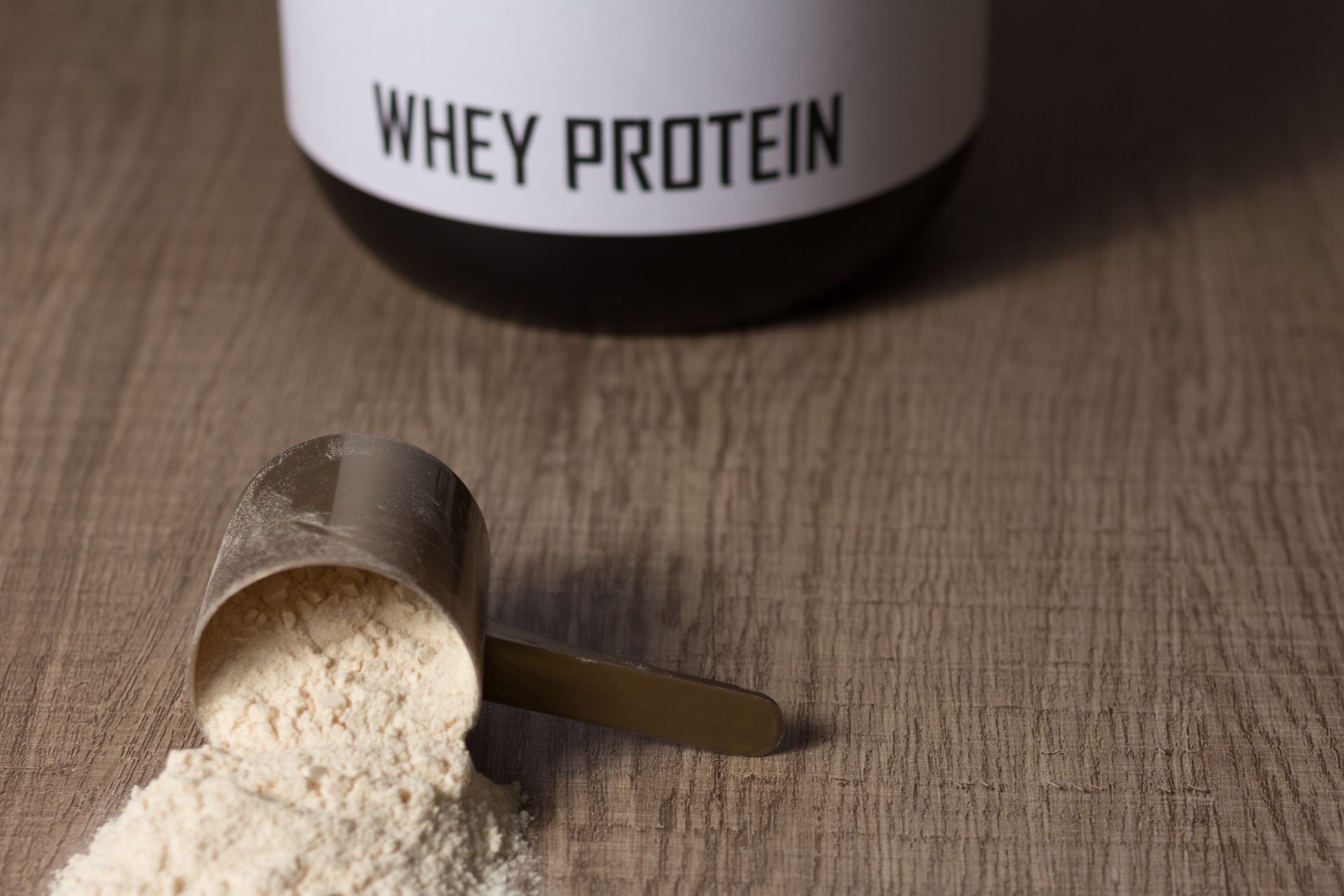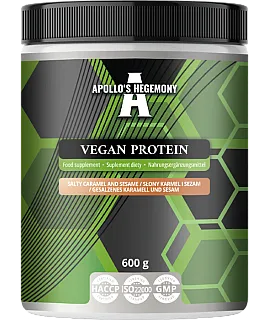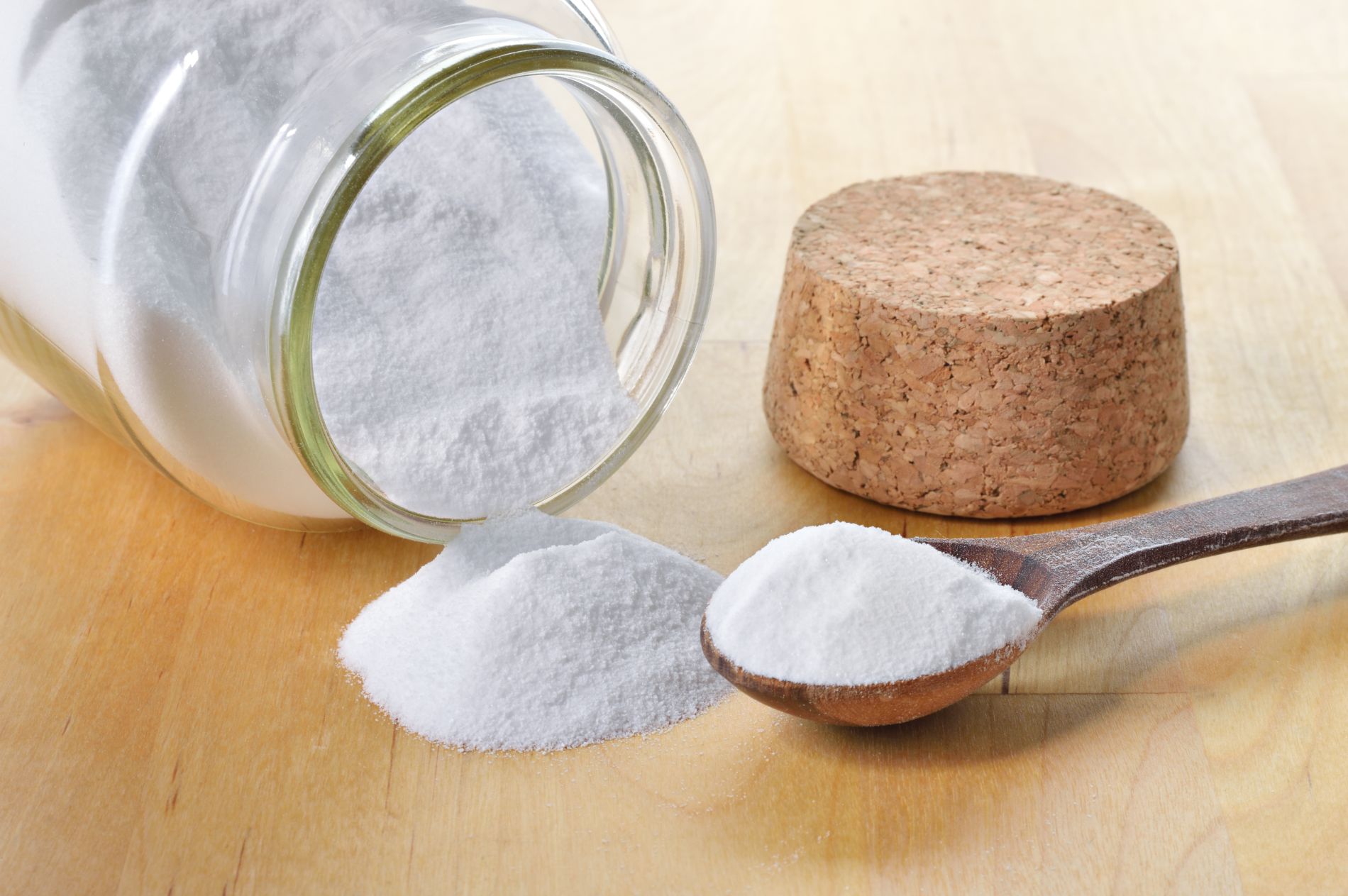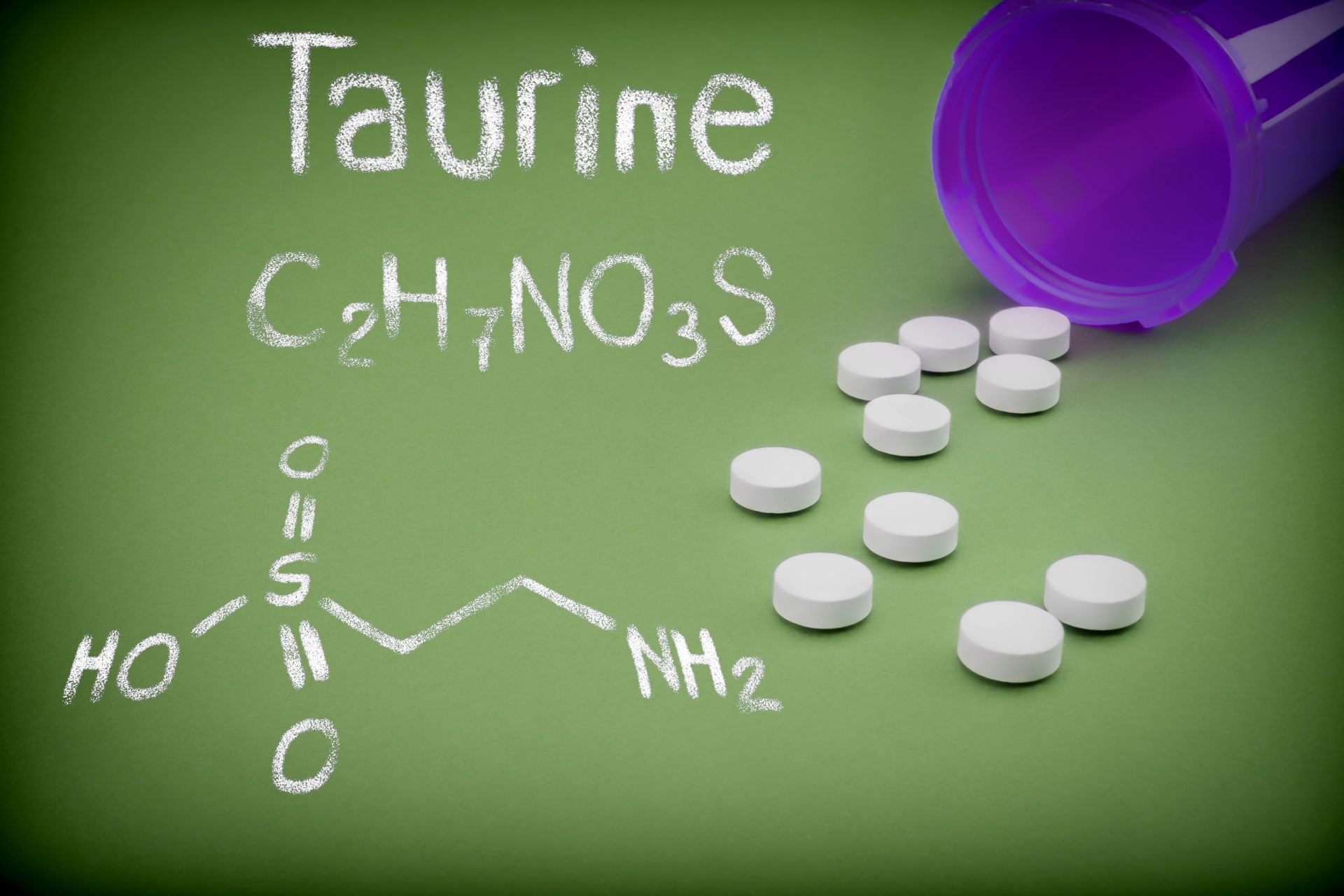Which protein to choose for reduction?

The desire to reduce excess body weight is the most common reason that makes people start to realistically think about starting to exercise and changing their diet. Reducing unwanted body fat and improving the appearance of the figure helps many people improve self-esteem, gain confidence and increase their own physical attractiveness. Protein is an important ingredient in a reduction diet, which is why a large number of people just starting their adventure with diet and training wonder which protein to choose for reduction. So let's find out why exactly protein for weight loss is so important and how not to lose muscle tissue during weight reduction.
- Protein during weight loss - why is it so important?
- How much protein to eat on reduction?
- Protein conditioner for reduction - who needs it?
- Which protein to choose for reduction?
Protein during weight loss - why is it so important?
People whose main goal is to lose weight often opt for quite restrictive solutions, such as a very low-calorie diet (e.g. 1000-1200 kcal) and daily, strenuous exercise in order to achieve the desired effect as quickly as possible. The negative consequence of such an approach is usually loss of muscle mass and lowered basal metabolism (PPM), as well as reduced thyroid hormonal activity and stimulation of the sympathetic part of the autonomic nervous system. Protein is a macronutrient that greatly influences the sense of postprandial satiety that is absolutely key to maintaining a low-calorie reduction diet for at least a few weeks. It has been shown that satiety hormone levels are increased especially after meals with at least 25-30 g of protein. Besides, the results of previous studies show that weight-loss diets with a high protein content (about 1.6 g of protein for each kg of total body weight) not only result in greater satiety, but also in greater weight and fat loss and promote the preservation of muscle mass, compared to a reduction diet with a lower protein content. Adequate muscle mass is important not only for figure attractiveness, but also for health reasons. Low muscle mass has been linked to longer hospital stays, poorer quality of life and shorter survival for patients, as well as reduced physical fitness and the occurrence of more frequent postoperative complications. In addition, low muscle mass can increase the risk of developing cardiovascular and cardiometabolic diseases and type 2 diabetes in some people. So, as you can see, adequate protein for weight loss is essential to not lose muscle tissue and to maintain good health.
How much protein to eat on reduction?
We already know that protein for weight loss is important to maintain muscle mass and high levels of postprandial satiety. Now it's time to find out how much protein to eat for reduction. People who engage in physical activity several times a week and not strength training, but endurance exercise (such as running, swimming, cycling, fast walking, Nordic walking) and endurance/effort (such as soccer, volleyball, combat sports) should consume 1.2 to 1.7 grams of protein for each kg of total body weight each day. And those who regularly train at the gym using their own body weight and additional weights should provide 1.6 to 2.2 grams of protein for each kg of total body weight each day to achieve adequate weight loss benefits. To meet the recommended daily protein intake of nearly 2 g for each kg of total body weight, you need to eat a minimum of 4 meals per day every 3-4 hours, each of which should contain 30-40 g of protein per serving. It is very important that one meal containing about 40 g of protein be consumed no later than two hours after the end of exercise. Protein for reduction should come from fish and seafood (including: salmon, Atlantic mackerel, cod, pikeperch, tilapia, rainbow trout), lean meats (especially skinless chicken and turkey breast), cottage cheese, country cheese, high-protein natural yogurt, milk, kefir, cheese, eggs, pulses, nuts, seeds, seeds, seeds and a good quality sugar-free soy beverage.
Protein conditioner for reduction - who needs it?
Protein supplements during weight loss can also be useful, especially for extremely busy people, in order, on the one hand, to meet the high demand for protein during this period, and on the other hand, not to lose muscle tissue. However, you need to know which protein to choose for reduction, but we'll get to that in a moment. Supplemental protein for reduction will be perfect especially for those people who have great difficulties in providing sufficient protein in the diet, i.e. about 2 g for each kg of total body weight per day. The aforementioned difficulties in consuming sufficient protein from food may be due to lack of appetite, health problems (e.g., allergies or food intolerances), a special diet (e.g., vegan), or an excess of responsibilities and lack of time to prepare several meals during the day. However, it should be emphasized that the primary source of protein should always be the diet, while supplements and protein supplements are only a valuable supplement, which, combined with attention to other elements of lifestyle, will allow you to achieve satisfactory body shape and health effects.
Which protein to choose for reduction?
A sizable number of people are now wondering what protein to choose for reduction, so as not to lose muscle tissue and achieve their dream figure goals. For the vast majority of people, whey protein-based supplements, namely Whey Protein Concentrate (WPC) and Whey Protein Isolate (WPI), will work well. The most convenient time to use a good quality protein supplement (WPC or WPI) is post-workout, and especially the first two hours after exercise. At that time, a protein shake combined with fruit (such as banana and kiwi or berries) will work perfectly. On the other hand, those suffering from a dairy protein allergy should choose whey protein hydrolysate (WPH - Hydrolysed Whey Protein) or a plant-based protein supplement (such as soy protein isolate or pea protein isolate), which do not cause allergic symptoms. On the other hand, people with symptoms of irritable bowel syndrome (e.g., bloating, abdominal pain, excessive gas, diarrhea) should choose a protein in the form of whey protein isolate (WPI), which is a safe option due to its marginal content of lactose (milk sugar), which belongs to the easily fermentable components of the FODMAP group. And those on a vegan diet, who may have a lot of trouble getting enough protein from food, should choose a protein in the form of soy protein isolate or pea protein isolate, which will help meet increased protein needs during fat reduction. At the very end, it is worth emphasizing that in addition to following a well-balanced protein-reduction diet and using protein supplements, it is worth taking care of regular strength training in order to achieve the desired body shape results and not lose muscle tissue during weight loss.
Sources:
- Leidy HJ, Clifton PM, Astrup A, et al: The role of protein in weight loss and maintenance. Am J Clin Nutr. 2015 Jun;101(6):1320S-1329S.
- Kerksick CM, Arent S, Schoenfeld BJ, et al: International society of sports nutrition position stand: nutrient timing. J Int Soc Sports Nutr. 2017 Aug 29;14:33.
- Jäger R, Kerksick CM, Campbell BI, et al: International Society of Sports Nutrition Position Stand: protein and exercise. J Int Soc Sports Nutr. 2017 Jun 20;14:20.
- Morton RW, Murphy KT, McKellar SR, et al: A systematic review, meta-analysis and meta-regression of the effect of protein supplementation on resistance training-induced gains in muscle mass and strength in healthy adults. Br J Sports Med. 2018 Mar;52(6):376-384.
- Schoenfeld BJ, Aragon AA: How much protein can the body use in a single meal for muscle-building? Implications for daily protein distribution. J Int Soc Sports Nutr. 2018 Feb 27;15:10.
- Tagawa R, Watanabe D, Ito K, et al: Dose-response relationship between protein intake and muscle mass increase: a systematic review and meta-analysis of randomized controlled trials. Nutr Rev. 2020 Nov 4;79(1):66-75.



 ⮜ Previous article
⮜ Previous article
Dietary sodium
 Next article ⮞
Next article ⮞